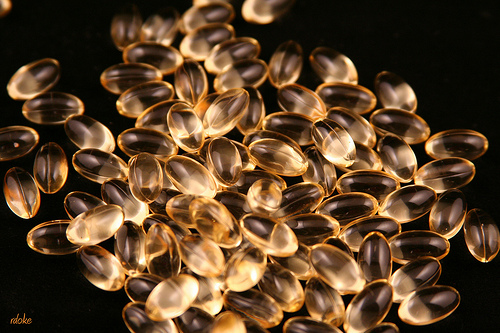
Perhaps you read about the potential positive benefits vitamins and supplements can have on your mental health and you were intrigued. But though your curiosity was peaked you still doubted its ability to work as legitimate treatment for things like depression and anxiety.
How can a vitamin really make that much of a difference?
You would be surprised.
Recent research shows that eating less fish is associated with higher rates of mental health disorders. Specifically, diets that are deficient in omega-3s have been “correlated with greater symptom severity in both affective and schizophrenic disorders” (Lifestyle and Mental Health, Walsh). And getting your omega-3 fatty acids through supplementation has been found effective in combating several disorders including unipolar, bipolar, and perinatal depressive disorders. Research has shown a reduction on aggression and symptoms of attention-deficit/hyperactivity disorder or ADHD on children as well. One study in particular found that fish oil also prevented psychosis in youth and had consistent benefits for 9 months following termination of treatment. This is something that hasn’t been replicated with antipsychotic medication. While it’s just one study, it does show promise for the potential of supplements to as a viable alternative form of treatment for psychosis.
Omega-3 supplementation comes with a low risk. The only individuals that need to worry are those who are on anticoagulants or who have bleeding disorders since fish oils cause slow blood clotting.{ In general, it’s best to consult your physician about any supplements you are considering taking.}
Vitamin D is another alternative treatment that has potential therapeutic benefits. Studies have showed, for example, that vitamin D deficiency is linked to cognitive impairment, depression, bipolar disorder, and schizophrenia.
What’s the final verdict?
Because of their general low risk and potential for significant mental health benefits, supplementation is a worthy alternative treatment for better mental health.

